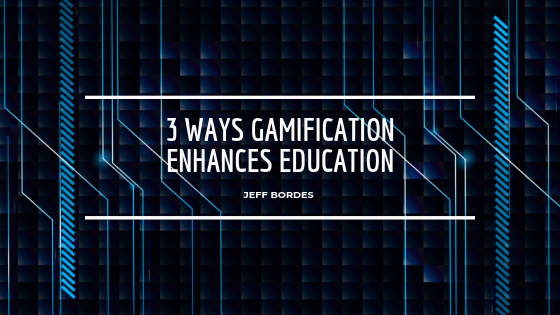For most of American history, fun has been viewed as being a frivolous endeavor that has no place in either work or education. Both work and business have been seen as being very serious endeavors that should not need to be fun. Employees are paid to work and children are sent to school to learn – not play games and have fun. It turns out, however, that not only can education be fun, but having fun while learning might actually help students learn better. Here are three reasons gamification is making its way into education.
- Increases engagement
Engagement keeps you interested in what you are doing and interest creates investment. The more invested you are in something, the more likely you are to keep doing it. Traditionally, education systems have essentially relied on fear-motivated learning. The entire system essentially operates on the premise that students need to learn certain things to get into college and without a college education they cannot get a good job and will be miserable for the rest of their life. While this may provide motivation for some students, it doesn’t for everyone and isn’t even actually factual.
- Increases motivation
Gamification helps students become more focused on achieving a goal than on what they are doing. If they get points by completing a certain number of math problems, then they aren’t focused on the “work” of doing the math, they are focused on achieving the goal. The math still gets done, they still learn the exact same things they would by just doing the math problems alone, but they are more likely to complete all the problems when there is a reward for doing so.
- Creates competition
While some may feel that competition has no place in the classroom, the truth is competition has always been a part of the scholastic experience. The problem is, only those that excel in certain areas have been recognized or awarded. Children that excel in sports have always been singled out and recognized for their achievements. Gamification simply allows students that excel scholastically to enjoy the same sense of accomplishment that students who excel in physical activities have always enjoyed. The same is also true in the classroom as in sports, competition often provides its own motivation for excellence.
